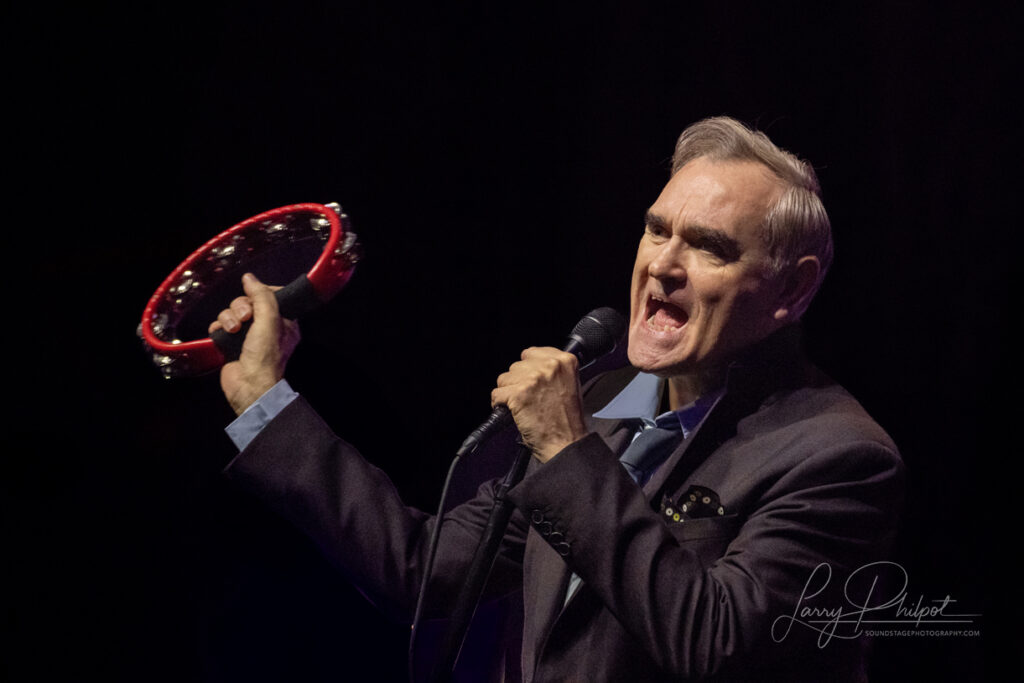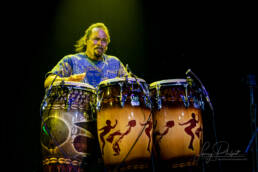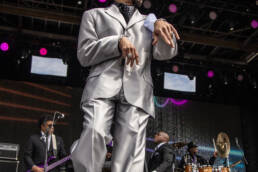Morrissey: The Lonesome Bard of Manchester
The Muse That Made Him Sing
In the gray drizzle of Manchester, England, a young Steven Morrissey hunched over a typewriter, scribbling lyrics to escape the bleakness of a working-class life. Music wasn’t a career—it was a lifeline, a way to howl against the monotony of 1970s Britain and the sting of being an outsider. Raised on Oscar Wilde and The New York Dolls, he found his spark in punk’s raw cry, forming a band at 22 with a lad named Johnny Marr. “I wanted to say the unsayable,” he’s mused, and that urge—to bare his soul, to romanticize the gloom—birthed Morrissey, a crooner who turned misery into anthems and made melancholy a movement.
The Man Behind the Mope
Born May 22, 1959, Steven Patrick Morrissey grew up in Davyhulme, Manchester, son of an Irish hospital porter dad, Peter, and librarian mom, Elizabeth, who split when he was 17. School was a bore—books and records were his world. A loner with a sharp tongue, he dodged factory jobs, penning fanzine rants about punk before music called. In 1982, he met Marr, and The Smiths were born.
Morrissey’s private life’s a fortress—no spouse, no kids, famously celibate (or so he claims). Rumors of flings—men, women, never confirmed—swirl; he’s dodged labels, smirking, “I’m human.” Now 65, he’s a vegan exile, bouncing between L.A., Switzerland, and Manchester, his quiff and quips as sharp as ever despite throat cancer scares in 2014.
The Career That Crowned the Miserable
Morrissey’s career splits two kingdoms: The Smiths and solo. The Smiths—Morrissey (vocals), Johnny Marr (guitar), Andy Rourke (bass), and Mike Joyce (drums)—hit in 1983 with Hand in Glove, their jangly gloom a sensation. Albums like The Queen Is Dead (1986) made them indie gods until a 1987 split—Marr burned out, Morrissey unyielding. Solo since ’88, he debuted with Viva Hate, a moody triumph.
No fixed solo band—producers like Stephen Street and guitarists like Boz Boorer rotate. He’s duetted with Siouxsie Sioux (“Interlude”) and clashed with Marr post-breakup. No headline romances—just lyrical longing. Onscreen, he’s popped in South Park (1998), The Simpsons (2021), and inspired Cemetry Gates (2008). Awards? The Smiths nabbed a 2012 Ivor Novello nod; solo, he’s Grammy-less but revered. His biggest hits?
- This Charming Man (written by Morrissey, Marr) hit No. 25 in the UK in 1983, a Smiths classic.
- How Soon Is Now? (Morrissey, Marr) reached No. 24 in 1985, a trembling anthem.
- Everyday Is Like Sunday (Morrissey, Street) peaked at No. 9 in 1988, solo sorrow.
- Suedehead (Morrissey, Street) climbed to No. 5 in 1988, a tender ache.
Controversy’s his cloak. The Smiths’ “Meat Is Murder” (1985) pushed veganism, pissing off carnivores. His 1990s NME spat—accused of racism over a Union Jack gig—haunts him; he sued, won, still fumes. In 2019, praising far-right For Britain lost fans—he doubled down, “I’m not apologizing.” And a 2023 label drop over Bonfire of Teenagers—songs about bombings—stirred ire. Morrissey thrives on the fray.
The Legacy of a Melancholy King
Morrissey’s tale is a poet’s wail from Manchester’s gloom to global stages, his voice a beacon for the lonely. With The Smiths and solo, he’s sold over 20 million records, his miserablism a genre unto itself. At 65, he’s no relic—he’s a rogue, still touring, still stirring pots. Catch him live, and you’ll feel that typewriter clack, now a croon that cuts deep and lingers long.









